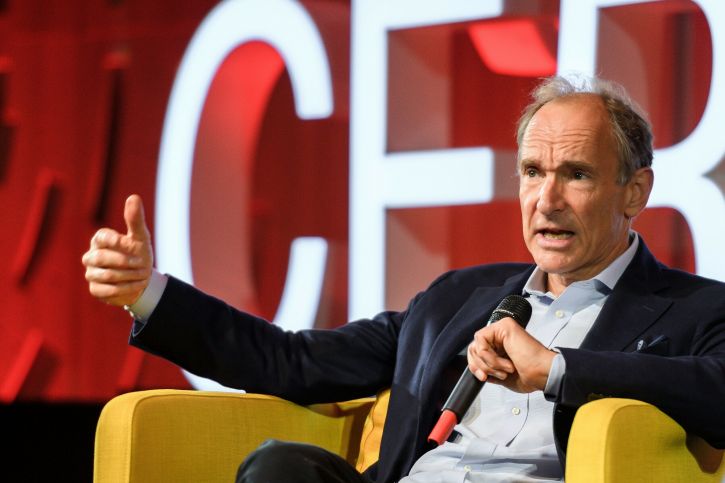
World Wide Web at 30: Inventor's Concerns Over His Creation's Dark Side
The World Wide Web has transformed dramatically in the 30 years since its invention by Sir Tim Berners-Lee at CERN. Originally designed as a tool for scientists to share information across different computer systems, it has evolved far beyond its intended purpose.

Web browser on computer screen
Today, Sir Berners-Lee expresses serious concerns about his creation's current state, highlighting four major issues:
- Hate and division have become prevalent, with social media platforms often amplifying outrage and misinformation
- Government censorship and state-sponsored attacks restrict the free flow of information
- Unverified news spreads rapidly without fact-checking
- Personal data privacy is compromised by tech giants

NeXTcube, world's first web server
To address these challenges, Berners-Lee launched the "Contract for the Web" in 2018, proposing three main objectives:
- Governments must ensure free and accessible internet while protecting privacy
- Internet service providers should offer affordable service with privacy protection
- Users should maintain civil discourse and promote internet safety
However, the fundamental issues with the Web stem not from the technology itself, but from human behavior and character. The solution requires addressing deeper societal and spiritual matters rather than just technical fixes.

People drinking together outdoors

Three wood mallets on table

Bright full moon above dark forest
While Berners-Lee's initiatives aim to improve the Web's current state, lasting change will require addressing the root causes of these issues: human nature itself and the way we choose to use this powerful technology.
Related Articles

Dopamine Media: How Social Platforms Became Our Digital Casino

